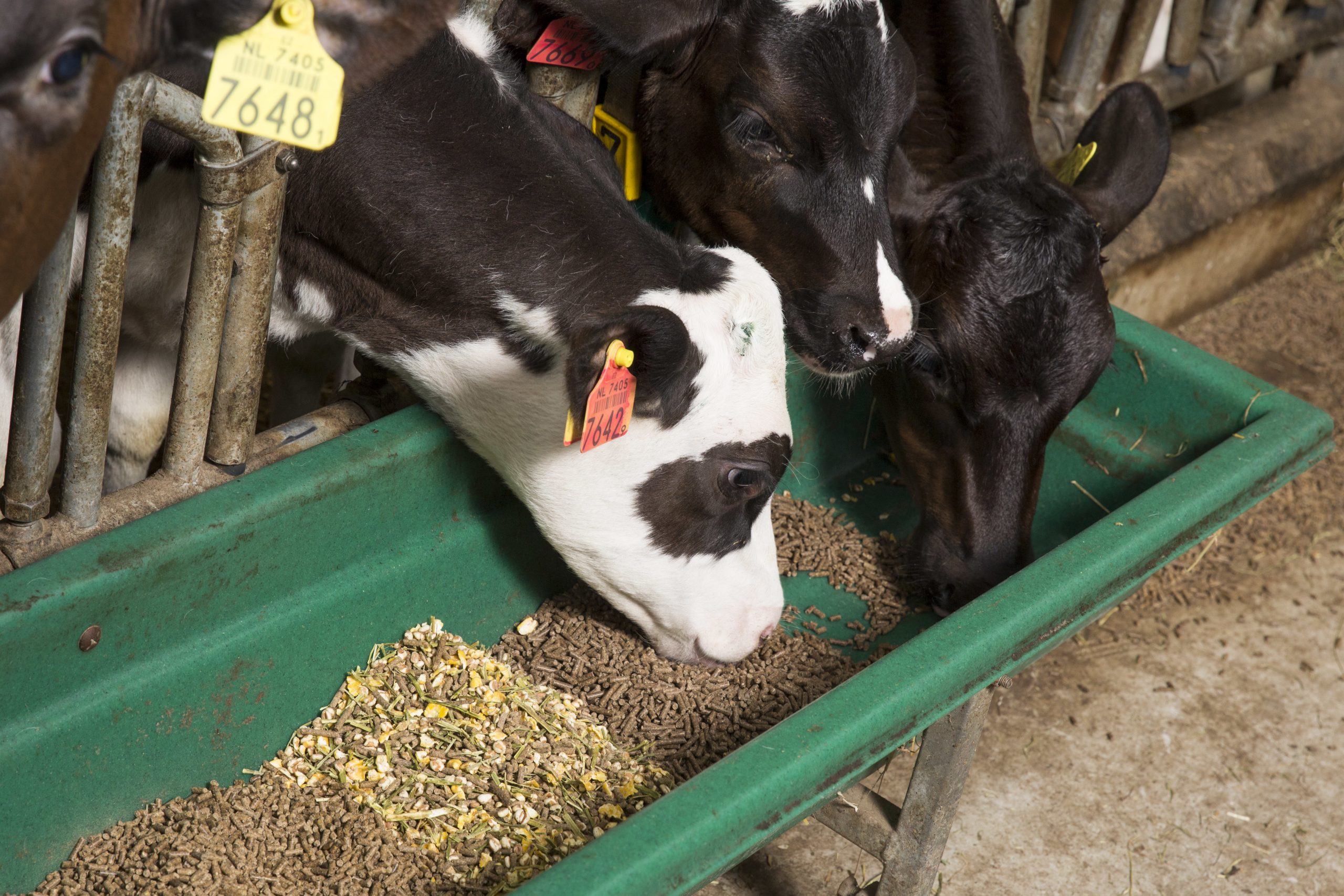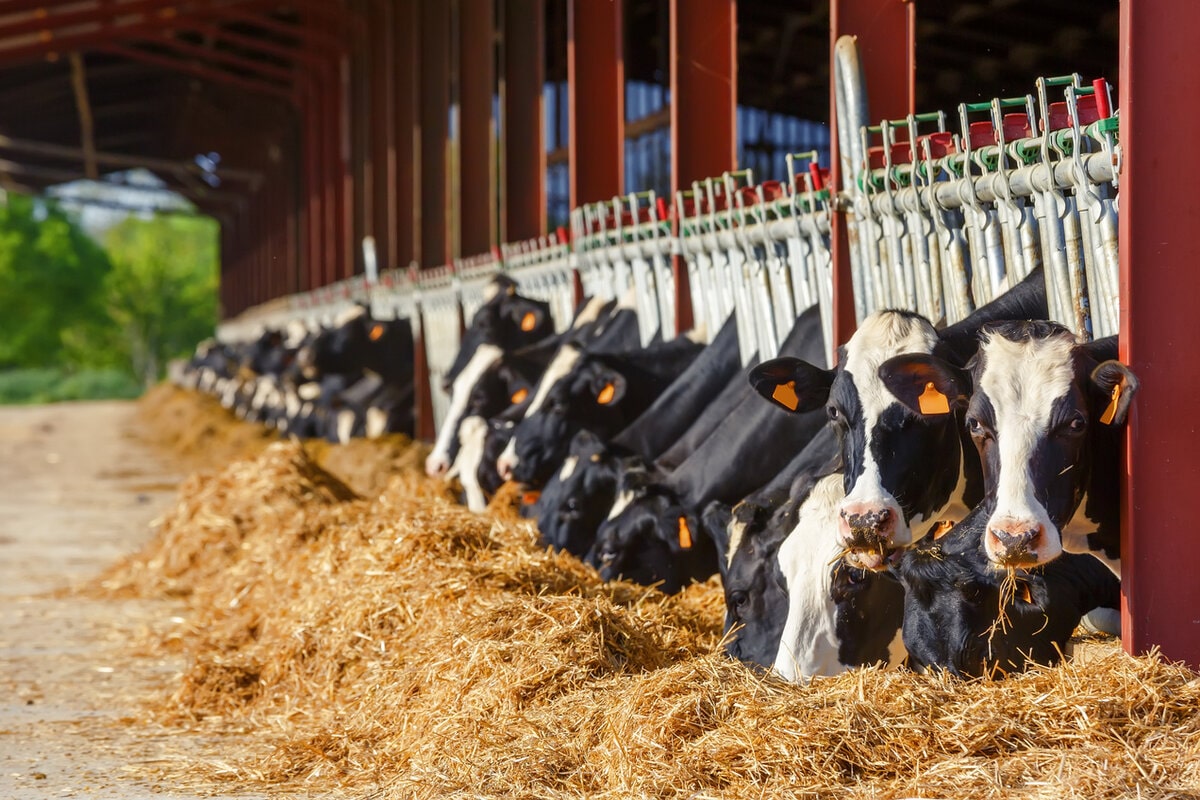Feeding cows properly is very important. It keeps them healthy and productive. Cows need a balanced diet to grow and give milk. In this article, we will discuss what to feed cows.
Grass and Hay
Grass is a primary food for cows. It provides fiber and nutrients. Cows enjoy grazing on fresh grass. However, fresh grass is not always available. In such times, hay is a good alternative.
Hay is dried grass or legumes. It is stored and fed to cows when fresh grass is not available. Hay is rich in fiber and helps cows digest their food.
Silage
Silage is another important food for cows. Silage is fermented grass or crops. It is stored in airtight conditions. Silage retains nutrients and is easy to digest.
Silage is especially useful in winter. It provides cows with necessary nutrients when fresh grass is not available.
Grains
Grains are important for cows. They provide energy. Common grains fed to cows include corn, barley, and oats.
Grains should be given in moderate amounts. Too much grain can upset a cow’s stomach. It is best to mix grains with other foods.
Protein Supplements
Protein is essential for cows. It helps in growth and milk production. There are various protein supplements available for cows.
Some common protein supplements include soybean meal and cottonseed meal. These supplements provide cows with the necessary protein for their development.
Minerals and Vitamins
Minerals and vitamins are important for cows’ health. They help in bone development and overall well-being. Common minerals needed by cows include calcium, phosphorus, and magnesium.
Vitamins such as A, D, and E are also important. These nutrients can be added to cows’ diet through supplements or mineral blocks.
Water
Water is crucial for cows. It helps them digest their food and stay hydrated. Cows need access to clean water at all times.
Ensure that the water is free from contaminants. Fresh water should be provided daily.
:max_bytes(150000):strip_icc()/Cows20eat20ammoniated20corn20stalks-2000-93b7c6a1a87445e58d8ca0aea062a4c6.jpg)
Credit: www.agriculture.com
Feed Schedule
Feeding cows at regular intervals is important. It helps in maintaining their health and productivity.
A common feeding schedule is twice a day. Ensure that cows have enough food during these times.
Feeding Young Calves
Young calves need special care. They require milk for the first few weeks. Cow milk or milk replacer can be fed to calves.
After a few weeks, introduce solid food gradually. Start with small amounts of grass and grains. Ensure that calves have access to clean water.

Credit: www.allaboutfeed.net
Feeding Pregnant Cows
Pregnant cows need extra care. They require more nutrients for their health and the health of their unborn calf.
Increase the amount of protein and minerals in their diet. Ensure they have access to clean water at all times.
Feeding Lactating Cows
Lactating cows need a high-energy diet. They require more food to produce milk.
Increase the amount of grains and protein in their diet. Ensure they have access to clean water at all times.
Frequently Asked Questions
What Are The Best Grains For Cows?
Cows enjoy grains like corn, barley, and oats. These provide energy.
Can Cows Eat Fruits And Vegetables?
Yes, cows can eat fruits like apples and vegetables like carrots.
What Type Of Hay Is Best For Cows?
Alfalfa hay is very nutritious for cows. Grass hay is also good.
Is It Safe To Feed Cows Bread?
Yes, cows can eat bread. It should be given in small amounts.
Conclusion
Feeding cows properly is essential for their health and productivity. Provide them with a balanced diet of grass, hay, silage, grains, protein supplements, minerals, and vitamins.
Ensure they have access to clean water at all times. Follow a regular feeding schedule. Take special care of young calves, pregnant cows, and lactating cows.
By following these guidelines, you can ensure your cows are healthy and productive.

